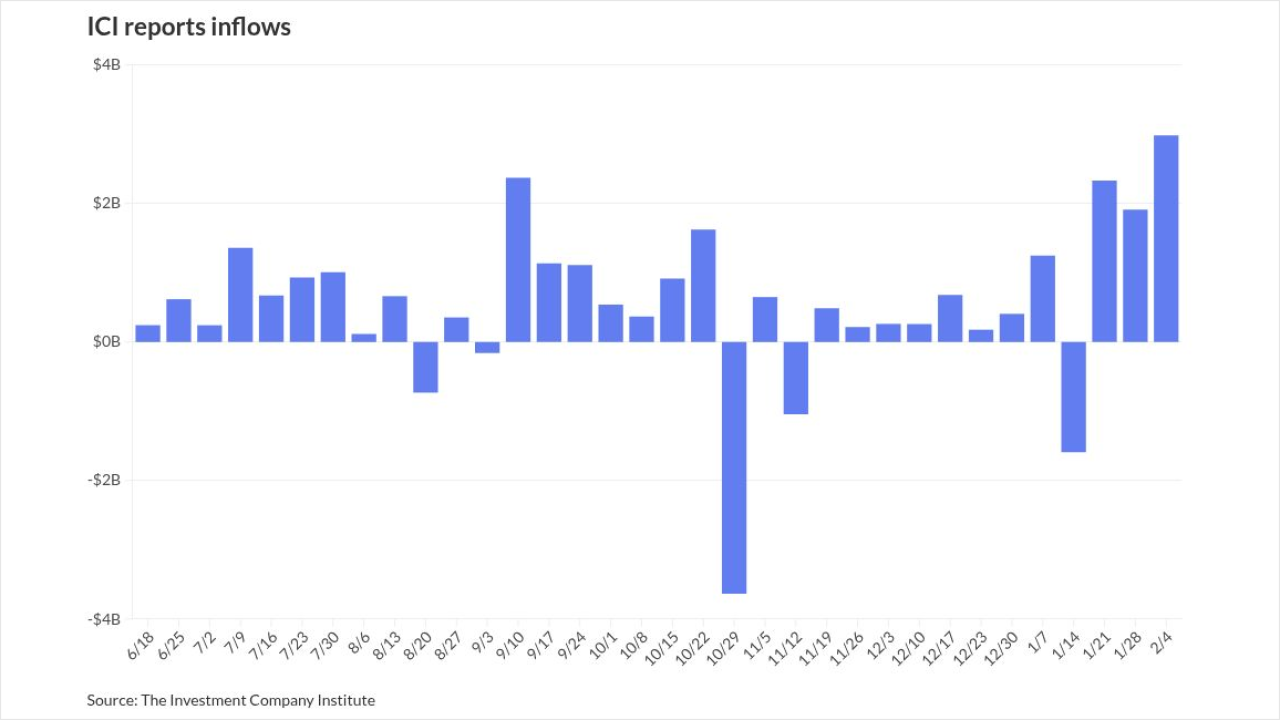
DALLAS — Airport sector credits are stabilizing after major shifts in the airline industry, but smaller hub airports are not benefiting from the increase in air travel, Moody's said in a recently released report.
Large hub airports have gained a larger share of the passenger market due to post-recession airline readjustments and mergers, and now must spend more on facilities to meet the increased demand, said Earl Heffintrayer, an assistant vice president and analyst at Moody's. The large hubs are becoming more dominant, he said, while small hubs are losing market share.
"While our outlook for the entire U.S. airport sector is stable based on our expectation for increased economic growth and rising demand for travel, not all airports are benefitting equally from these two credit supports in the current environment," Heffintrayer said.
Rising debt to fund capital projects at the large hubs has increased the leverage at those facilities, Heffintrayer said, as they deal with more passengers and larger airplanes.
Three of the large hub airports with downgrades from Moody's in the past three years increased their debt to replace or renovate passenger terminals, with one adding airfield capacity, he added.
Airports have been dealing with a contracting industry for almost seven years, he said, as airlines were challenged by both higher fuel prices that raised operating costs and a worldwide recession that upset delicate balances between airplane seat capacity and passenger demand.
The recent American Airlines-United Airways merger and the upcoming removal of all Wright Amendment restrictions on Southwest Airlines at Dallas Love Field in October enhance the increasing dominance of the larger airports, Heffintrayer said.
The Wright Amendment restrictions, which will be completely removed on Oct. 13, limited flights from Love Field near downtown Dallas to the four contiguous states and prohibited airlines from issuing tickets beyond the region. The 1979 amendment was designed to protect the airlines that agreed to move operations to the then-new Dallas-Fort Worth International Airport.
"We think that the major shifts in the industry are near an end," he said. "Southwest Airlines has announced its post-Wright Amendment schedule, which was a major source of uncertainty for the airports that benefited from those restrictions."
The competitive pressures on smaller hubs will continue, he said, especially those within driving distances of larger airports. The close-in hubs and others will see fewer flights and passengers, he said.
The slots at New York's LaGuardia Airport and Reagan National Airport in Washington that Southwest acquired as a result of the American-United Airways merger will mean fewer flights to the smaller hub facilities. Southwest will drop some connections to smaller markets so it can serve the new slots without having to buy new aircraft, Heffintrayer said.
Southwest has been reducing its reliance on small hub airports, and increasing flights at larger airports, he said.
"Twenty-two of the 45 small markets served by the airline have flight levels that are at least 40% below peak levels," he said. "Twenty of those markets have seen a drop in service of more than 20% in just the last two years."
JetBlue Airways Corp. will also reduce smaller-hub flights to serve the New York and Washington airports with its existing fleet, Heffintrayer said.
Moody's downgraded the $40 million of outstanding debt of Jackson, Miss., Municipal Airport Authority to Baa1 from A3 in May after Southwest said it would cease flights to the airport. The airline accounted for 24% of passenger service at the facility.
The latest report from the federal Bureau of Transportation Statistics shows U.S. airlines carried 263 million passengers in the first five months of 2014, up 1.2% from the same period last year.





